As Technical Business Analyst for the University of Washington’s Legacy Finance Systems' Retirement project, I led the successful decommissioning of eight enterprise systems replaced by Workday Finance. This effort was critical to demonstrate the return on investment of the multi-year Finance Transformation Program by eliminating redundant platforms, reducing operational costs, and improving data accessibility.
Scope of Retired Systems:
MyFD – My Financial Desktop
OASIS – Asset Management System
EFECS – Electronic Faculty Effort & Cost Sharing
FIN/FAS – Mainframe Financial Accounting System
BGT – Mainframe Budget State and Grants Accounting System
PAS – Mainframe Purchasing Accounting System
JD Edwards – Sponsored Finance and Cash Management ERP
Ariba – Procurement Management ERP
Role and Responsibilities:
Following my earlier tenure as Technology Project Manager for the Finance Transformation initiative, I was engaged to drive this high-impact project to full completion. My core responsibilities included:
Use Case Analysis: Conducted extensive discovery with impacted user groups to document system use cases, data dependencies, and business-critical functions requiring archival or migration.
Business Requirements Development: Authored comprehensive requirements for data archival solutions ensuring compliance with a 6-year retention mandate and enabling on-demand reporting of legacy records.
Stakeholder Management: Independently engaged executive sponsors, system owners, and department leadership to align objectives, mitigate risks, and secure consensus on decommissioning plans.
Solution Design: Collaborated closely with systems engineers to design archival strategies, build model wireframes, and validate retrieval processes for historical data.
Project Coordination: Facilitated weekly standups, working sessions, and cross-functional workshops to maintain momentum and resolve blockers.
Quality Assurance and Testing: Led user acceptance testing and QA validation of archival and reporting solutions, ensuring accuracy and usability prior to cutover.
Execution and Delivery: Oversaw final system shutdown and data preservation activities, achieving the June 30, 2025 deadline on schedule and within budget.
Outcome:
The project successfully retired all eight legacy systems, resulting in substantial cost savings through reduced licensing fees, server and storage decommissioning, and decreased support overhead. The initiative underscored the university’s commitment to modernizing financial operations and optimizing resources, while ensuring continuity of access to historical data for compliance and reporting.
